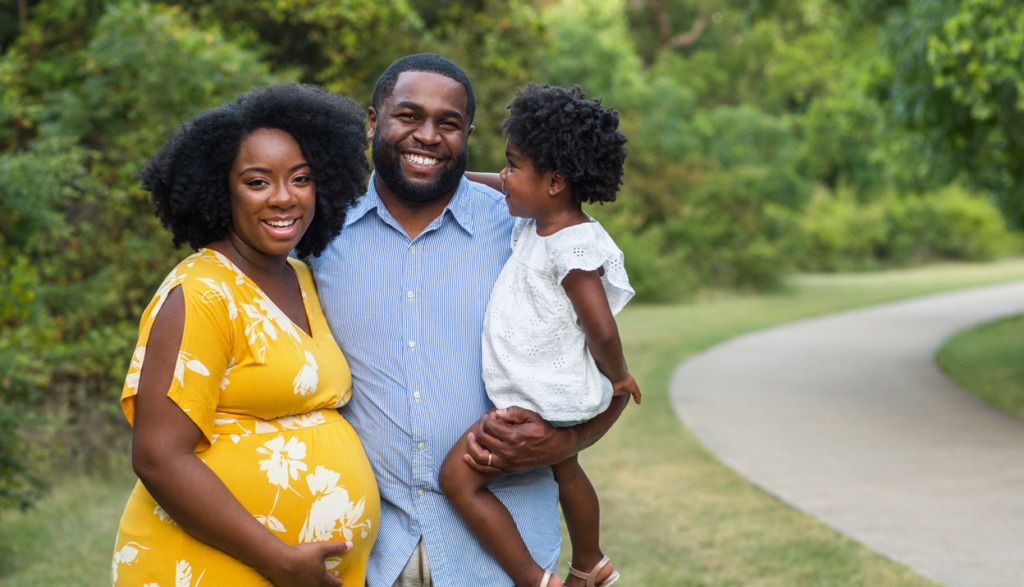Question:
My boyfriend and I are starting to have conversations about marriage. I‘m Catholic; he’s Baptist. I have not felt called to have children and have health issues that will make it difficult to get pregnant. My boyfriend is not primarily interested in having kids.
I know that to be married in the Catholic Church, couples are expected to be open to having children. Is it possible to get married in the Church if you’re not open to having kids? (City and state withheld)
Answer:
Your understanding of the Church’s view of marriage is correct. If a couple enters into marriage consciously intending never to have children, that would make the marriage, in the Church’s eyes, invalid.
For the Church, being open to children is an essential part of what marriage is, and this is reflected in the Catechism of the Catholic Church:
“The matrimonial covenant, by which a man and a woman establish between themselves a partnership of the whole of life, is by its nature ordered toward the good of the spouses and the procreation and education of offspring” (No. 1601).
This understanding is written right into the ritual of the marriage ceremony itself, where the priest asks the couple, “Are you prepared to accept children lovingly from God and to bring them up according to the law of Christ and his Church?”
Why not talk over your situation with a priest whom you know? It may be that you are more open to the possibility of children than you might think.
Your preference, and that of your husband-to-be, may well be that you not get pregnant, especially given your health issues.
But if you did become pregnant, would you be willing to carry that child to term and be blessed with a new gift from God?
Question:
I know a family who are originally from Jordan but are now U.S. citizens. They are members of the local Eastern-rite Catholic Church. They would like to get their 5-year-old grandson baptized in the Roman Catholic Church.
Also, they said that while a relative who is an Eastern-rite Catholic nun was visiting here from Jordan, she was refused holy Communion at a Latin-rite church.
What are the rules for receiving Communion if you are a Catholic of the Eastern rite? How should I advise her about her grandson’s baptism? (Midlothian)
Answer:
First, as to holy Communion, which is the easier part, Eastern Catholics are in full communion with Rome and the Vatican and are, of course, welcome to receive the Eucharist in any Catholic church.
As to baptism, a valid baptism in the Latin Church is recognized as a valid baptism in the Eastern churches, and vice versa.
But I have a couple of questions:
First, why is it the grandparents who are deciding about the baptism? Normally it is the parents of the child who make that determination, and in fact the Code of Canon Law provides that “for an infant to be baptized licitly, the parents or at least one of them or the person who legitimately takes their place must consent” (No. 868).
Second, in which church is the child going to be raised? If the boy is going to be raised and educated as an Eastern Catholic, doesn’t it make sense to begin his sacramental path in that same church?
Question:
I have recently volunteered to attend adoration of the Blessed Sacrament as a “guardian.” What happens if the monstrance containing the Eucharist is stolen? The monstrance can be replaced, but I have heard that a priest may have to reconsecrate the church itself. (Baltimore)
Answer:
Because of the Church’s belief in the real presence of Christ in the Eucharist, desecration of the host is considered a grave sin. In fact, Canon 1367 of the Code of Canon Law says that a person who takes or retains the consecrated species for a sacrilegious purpose incurs an excommunication that can only be lifted by the Holy See.
Unfortunately, this scenario is not hypothetical. In 2020, at the Shrine of Our Lady of Guadalupe in Manhattan, a thief took from the parish’s adoration chapel a small gold monstrance that contained the Blessed Sacrament. A few days later, an auxiliary bishop of New York led a prayer service at the church that included an act of reparation for the theft.
At the service, Bishop Edmund J. Whalen spoke of the centrality of the Eucharist, saying that “Jesus lives in us through the Eucharist, he nourishes the world with his presence. … This is the realization of our faith.”
The parish administrator noted, “We ask for forgiveness from the Lord for the person who has done this.”
In 2019, at Holy Spirit Parish in El Paso, Texas, intruders broke into the church and stole items including the tabernacle with the Blessed Sacrament. The pastor of the parish, calling the theft “the desecration of the greatest gift possessed by the church,” invited parishioners to make reparation by visits to Jesus in the Blessed Sacrament.
With neither of the thefts was there mention of a ceremony to “reconsecrate” the church building, and I am not aware of any canonical mandate to that effect.

